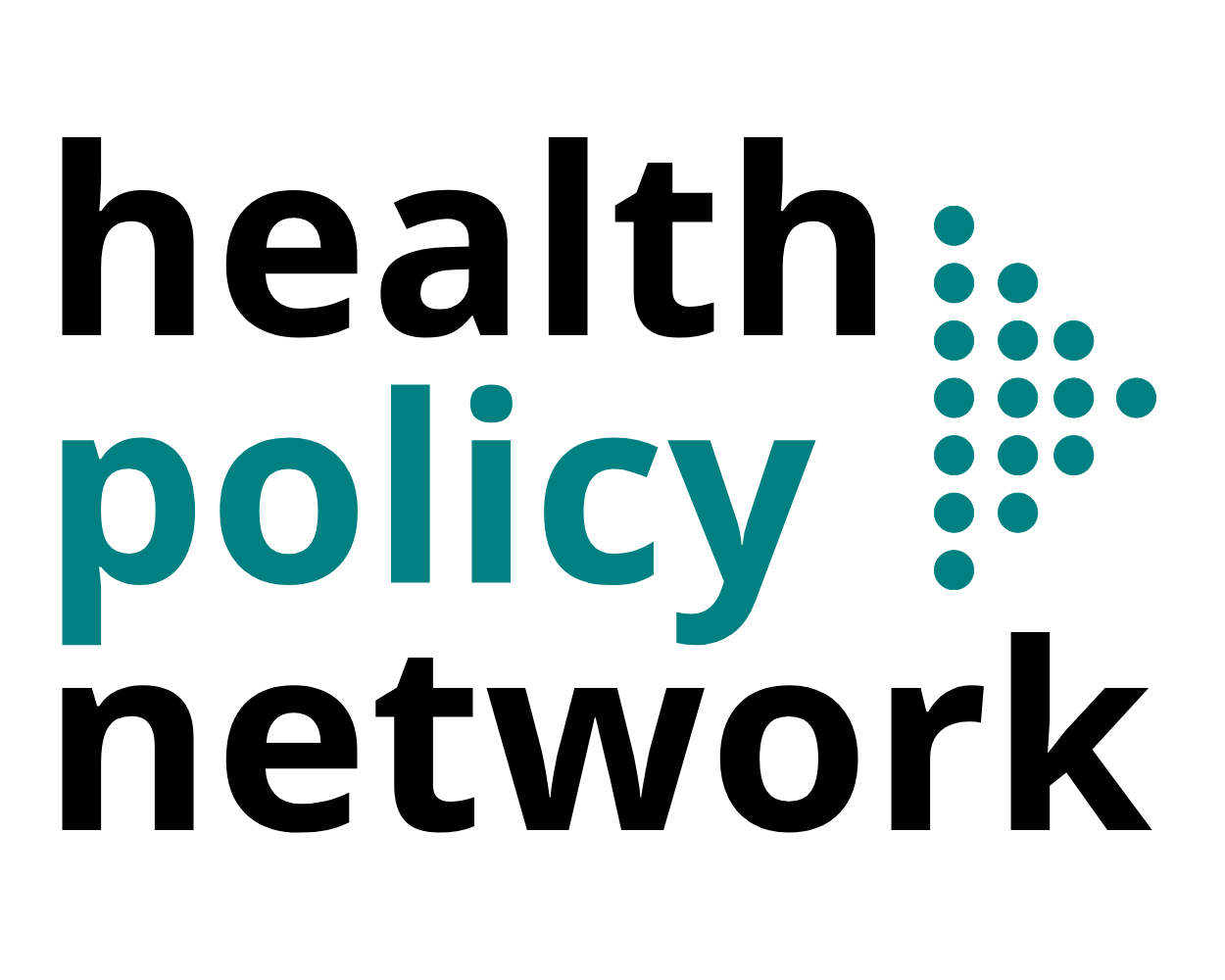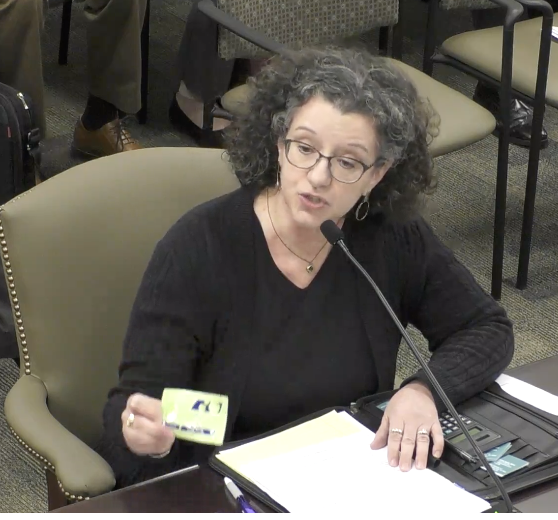I wrote this Letter to the Editor in LNP, Lancaster’s daily newspaper, about the misconception that harm reduction “enables” people to further their addiction, and referred to my January 2022 testimony in Harrisburg. Please advocate for the “Expanding Syringe Service Program” bills: SB 1193 (Johnson) and HB 2264 (Innamorato) ) and the “Fentanyl Testing Strips” (Drug Checking) bills: SB 845 (Kearney) and HB 1393 (Struzzi). The latter two bills are moving forward with strong support (HB 1393 just passed the House 200-0 and now goes to the Senate, as of 6/20/22) but the Syringe Service Program bills are stuck in the Judiciary Committees, and we need advocacy to those committees to move those bills forward. The staff of Syringe Service Programs do the WORK of educating people about drug checking and without both sets of bills passing, we aren’t going to see the overdose prevention results we need.
Legislation would reduce overdoses [letter], Mar. 9, 2022
A Feb. 16 letter argued that it’s “enabling” if we give risk reduction tools to people who use drugs (“Biden is wrong to enable drug use”).
In my view, it is not. Unless you mean “enabling” people to stay alive. Or “enabling” us to reduce the spread of HIV and viral hepatitis.
Dramatic changes in street drugs and decades of failed public policy have caused accidental overdose deaths to skyrocket. Last year, 14 Pennsylvanians died from an overdose each day, on average.
Yet Pennsylvania’s rural counties lack robust community overdose prevention programs. I believe that we can fix this through bipartisan “good government” bills, like state Senate Bill 845, titled “Legalizing Personal Use of Fentanyl Test Strips.”
We need legislators to vote for its counterpart state House Bill 1393, too, along with the companion bills that would expand syringe service programs: state Senate Bill 926 and state House Bill 2264. Call your lawmakers and tell them it’s urgent.
I’m an addiction policy researcher and parent of a child in long-term recovery. Testifying for these laws in Harrisburg, I described the heartbreak of attending the funerals of people who were not “enabled” to survive an accidental overdose, like my child was.
Do not fall for recent attempts to paint all federal harm reduction grants as “crack pipe funding.” It’s nonsense and, worse, it alludes to the racist 1980s policies that treated Black cocaine users differently than white users.
I believe that it’s common sense to fund the broad array of services that syringe service programs provide. They don’t increase drug use or crime, they save millions in health care costs and participants are five times more likely to enter treatment.
— Gail Groves Scott, Lancaster


Recent Comments